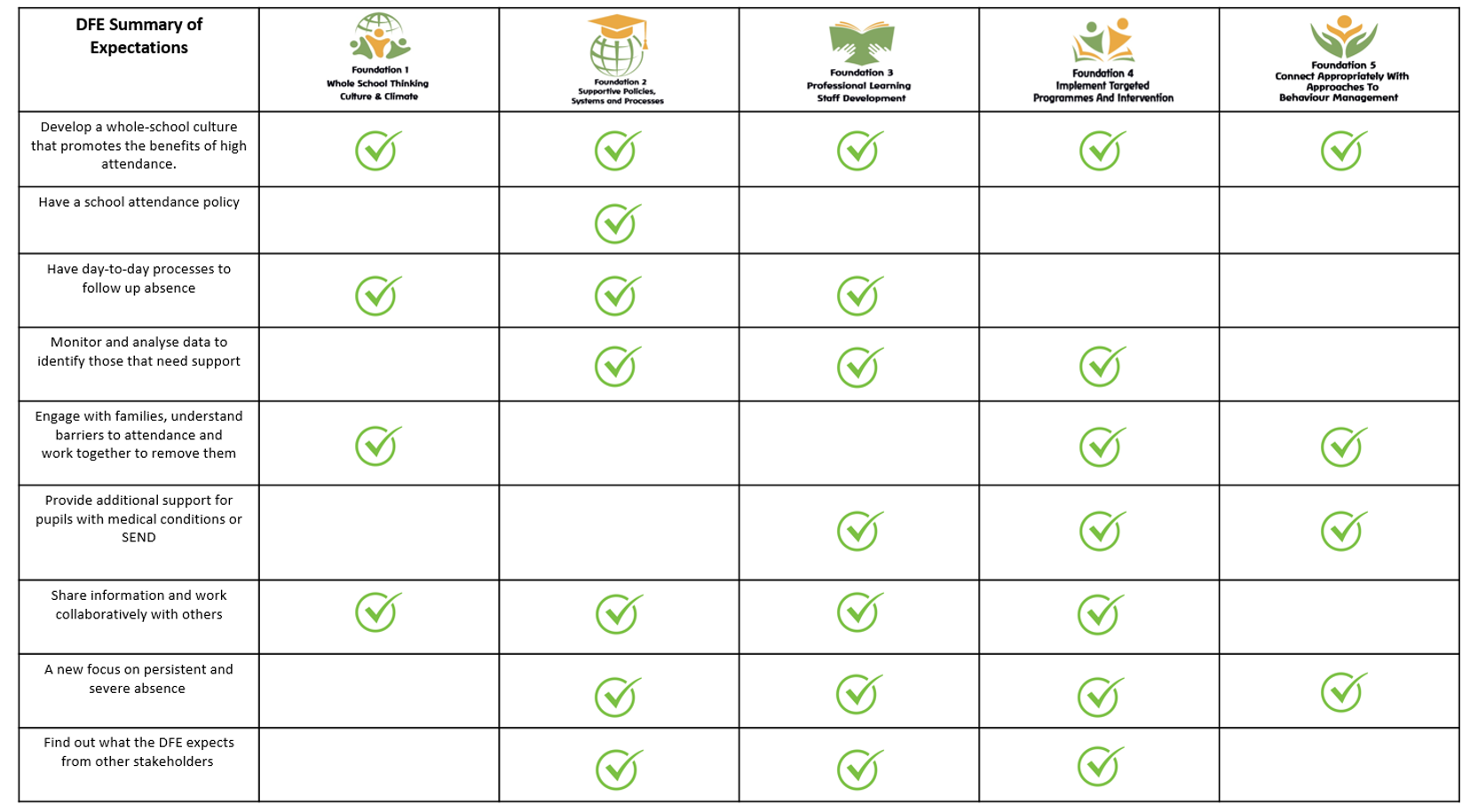- Home
- Parents
- Attendance
Attendance
Attendance
At Firs, we recognise that regular school attendance is essential to ensure uninterrupted progress and to enable children to extend their potential. The attendance pattern for all children is monitored weekly, we seek to work actively with parents and carers, to ensure a regular pattern of attendance is maintained. We expect every pupil on the school roll to attend every day when the academy is in session, as long as they are fit and healthy enough to do so. We will endeavor to offer support, when barriers to learning have been identified and aim to safeguard your child in line with the most up to date version of Keeping Children Safe in Education.
One of our basic principles is to celebrate success. Good attendance is fundamental to a successful and fulfilling school experience. We actively promote 100% attendance for all our pupils, and we use a variety of weekly, termly and annual awards to promote good attendance and punctuality. We encourage children to attend and put in place appropriate procedures to support this. We believe that the most important factor in promoting good attendance is the development of a positive attitude towards school and learning.
Poor attendance can seriously affect each child’s:
- Attainment in school
- Relationships with other children and their ability to form lasting friendships.
- Confidence to attempt new work and to work alongside others.
The Trustees, Governor advocates and Head Teacher, in partnership with parents and carers have a duty to promote full attendance at school under legislation and safeguarding.
The Strategic Approach
Firs Primary School adopts the 5 Foundations of Effective Attendance Practice framework, which is modelled on the research and work of Professor Katherine Weare. The emphasis is on developing a school culture and climate, which builds a sense of connectedness and belonging, to ensure all children can attend school and thrive. The approach ensures we prioritise building solid working relationships with children / parents prior to any escalation. The staged approach ensures we identify triggers early that can lead to poor attendance issues such as mental health issues, lack of trust, communication and relationship breakdowns and the possible lack of networking opportunities both internal (in-school) and external (external agencies).
Aims
- Increase school attendance and reduce Persistent Absence to meet set targets.
- Ensure attendance is well managed within the school, with the appropriate level of resources allocated.
- Enable the school to make informed use of attendance data, to target interventions appropriately, focusing on the key demographic groups highlighted in the 2022 DFE paper.
Objectives
- To create an ethos in which good attendance is recognised and every child / young person aims for excellent attendance.
- To ensure attendance and punctuality is a key priority.
- To set achievable targets to improve key demographic groups and individual children’s attendance and PA
- To embed the 5 Foundations of Effective Attendance Practice framework and Key Performance Indicators aligned to the action plan supporting Chapter 2 of the Dfe ‘Working together to improve school attendance’ which clearly defines Expectations of Schools.
- To develop a systematic approach to gathering and analysing relevant attendance data – proactively implementing targeted support programmes to remove barriers regarding school attendance.
- To develop effective partnership with external agencies, reviewing their impact.
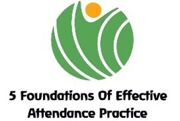
Firs Primary School follows the 5 Foundations of Effective Attendance Practice framework. The approach is evidence-informed and completely child-centred. Each Foundation is supported by 5 Key Performance Indicators, these are used to ensure the school can embed the Foundations framework and understand the strategic direction regarding attendance improvement.
The framework allows the school to understand the whole school approach to supporting and improving attendance – Firs is a place where every child belongs. We create welcoming environments to allow all children to gain a sense of belonging and ultimately achieve academically through regular school attendance. The school policy is translated into practise through the processes and systems we follow, the escalated approach supports children at each stage. Parents who do not engage with support understand why, at times, we must follow this process. All staff receive attendance training to support the whole school approach, they understand their role in improving attendance. Certain staff are identified to engage in specialist training to continue to support families and children who work with external partners. We use data information to support children, this allows us to understand the groups, and individuals, who require specific programmes of intervention. Reviewing each programme allows us to understand the effectiveness of support and change what is not working. Finally, we train and support all staff to understand the ‘root cause’ of concerns. Staff use the wider curriculum to allow all children to feel valued and accept themselves. We celebrate attendance success and ensure children returning from long absence receive a planned transition.

The school has a fully embedded ethos in which excellent school attendance is expected, developed and nurtured. An escalated approach ensures the school has a deeply embedded and consistent whole school approach to improving attendance built on foundations of belonging and connectedness.
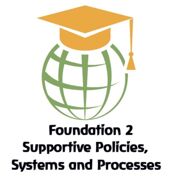
The approach to improving attendance is built on solid policies, systems, and processes; this ensures sustainable and continuous improvement drives practice. Succession planning is built around an effective systems leadership model - rather than that of an individual Senior Attendance Championer. The attendance policy drives school practice, it is deeply embedded in daily practice and ensures the academy sets and maintains high expectations to improve the culture of attendance.
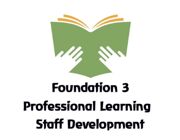
The school prioritises developing a fully engaged team of attendance experts with a shared vision and core purpose. Through this development, the Senior Attendance Championer will raise the status of attendance and ensure improved attendance is both sustained and continuous. CPD will support staff at all levels to fully understand their role, in supporting attendance. The development of external partnerships will support attendance improvements through a multi-disciplinary approach for identified children and families.
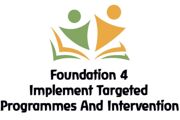
Data information and analysis direct resources proactively towards key demographic groups and identified individuals. The expert use of data analysis informs decision making at all levels. A rigorous and effective attendance cycle ensures the Senior Attendance Championer not only captures key information but also further understands the ‘deeper roots’ that creates barriers regarding attendance to school.
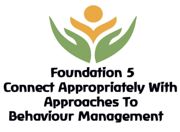
Connecting and belonging drives the school approach to supporting attendance. All staff are supported to understand 'deeper roots' regarding poor attendance concerns. The school has developed, and embedded, an effective rewards system to further drive attendance improvements and celebrate success.
DFE: Working Together To Improve School Attendance 2024
All academies across the trust adhere to Birmingham City Council’s Support First for Attendance procedures strengthening the Five Foundations of Effective Attendance Practice and the Early Help support for families and professional partnerships in line with the Dfe ‘Working together to improve school attendance’ statutory guidance – August 2024.
The table below identifies how the 5 Foundations of Effective Practice will underpin the DFE 2024 paper. 